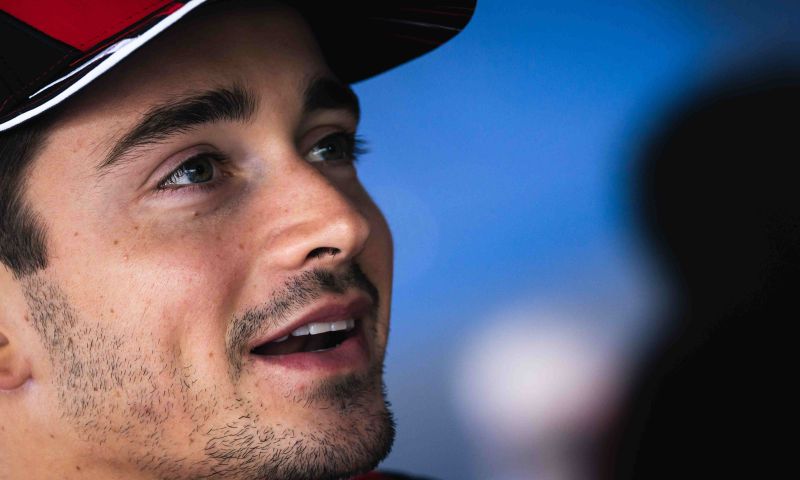'Leclerc switches to sixth engine in US and gets grid penalty'
General

- GPblog.com
It is as good as certain that Charles Leclerc will incur a grid penalty at the United States Grand Prix. After Motorsport.com was the first to report about the engine change, writes Auto, Motor und Sport now also that the Ferrari driver will be put back at least five places on the grid. For Leclerc, it will be the sixth engine in 19 Grand Prix weekends. Whether it will be a grid penalty of five places or yet more depends on whether only the combustion engine is replaced or also other engine components.
Ferrari has been struggling with engine problems all year. On several occasions, the Italian race team lost out from a promising position (read: en route to victory) because of a technical malfunction. Customer teams Haas F1 and Alfa Romeo Racing were also severely hampered by poor reliability. In Monaco, for instance, three of the four customer teams dropped out with a faulty MGU-K.
Ferrari has known for several months what exactly caused the many problems. There was an issue with the pneumatic valves. These valves were not sealing properly, sometimes causing problems after less than 2,000 kilometres on the clock. A quick fix was not available, however, except that Ferrari prescribed that a minimum of five engines per (Ferrari-powered) driver must be used in 2022.
Ferrari engine runs fast
Next weekend, Leclerc is already moving to his sixth engine and driving a new internal combustion engine specification. A step up in performance does not immediately result, as the development of the engine has now been completely frozen. Only updates for the sake of reliability are still allowed. That the power unit has proved so unreliable is due to the aggressive development during the winter when the engine was still allowed to be developed. Ferrari's power unit is the most powerful engine in the field when screwed wide open.
Team boss Mattia Binotto commented: "The goals we set ourselves with the power unit were very ambitious. I have never seen such a leap forward in my 27 years at Ferrari. It was an extraordinary achievement, especially at a time when dyno hours are limited."

